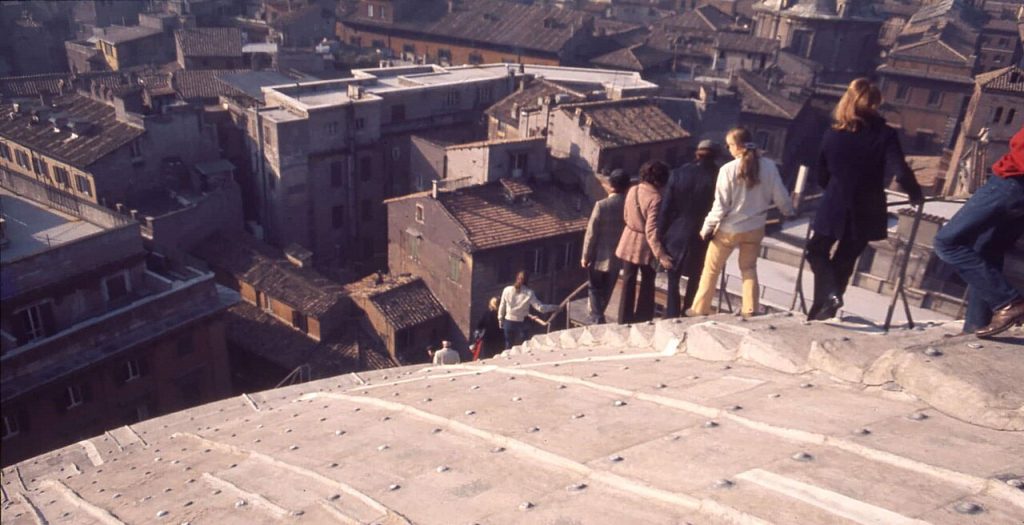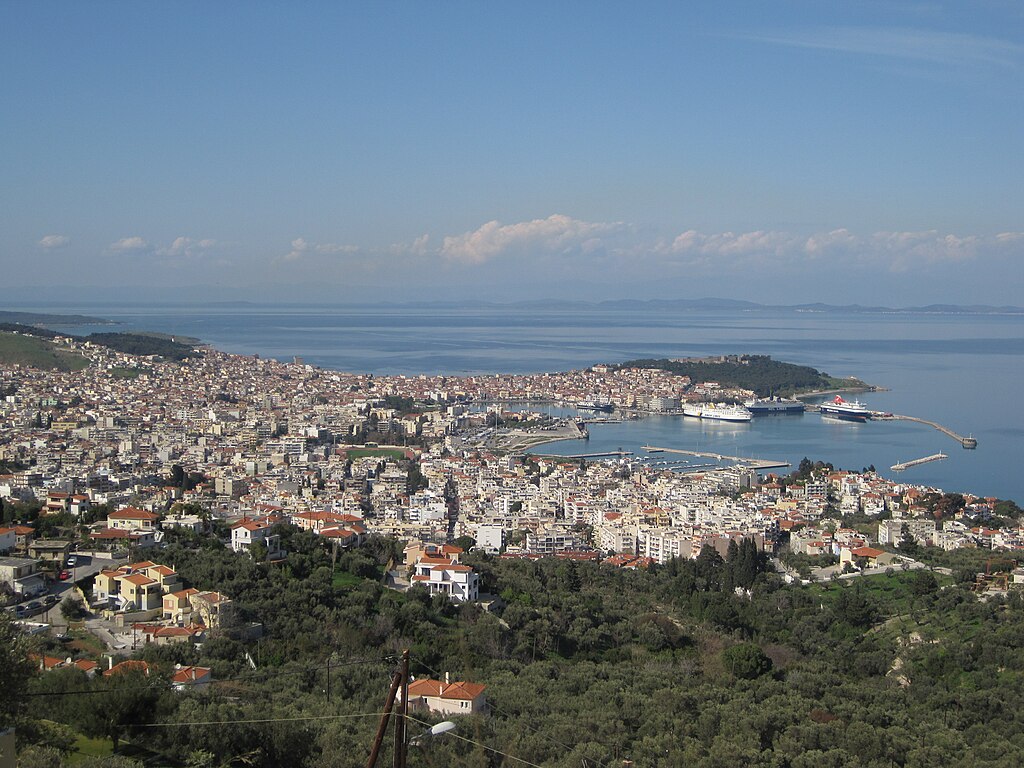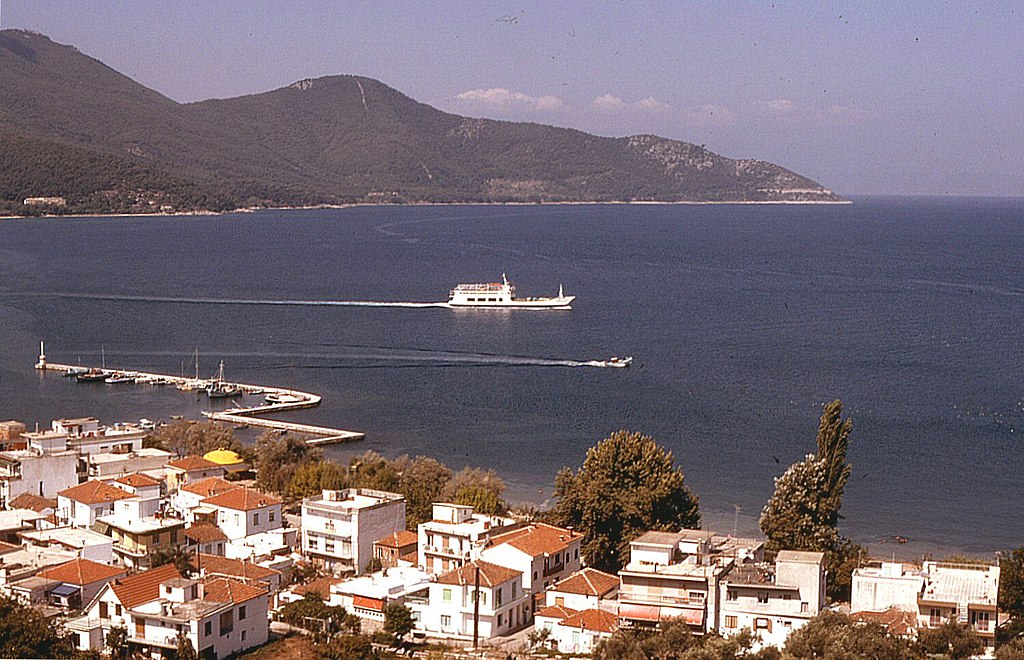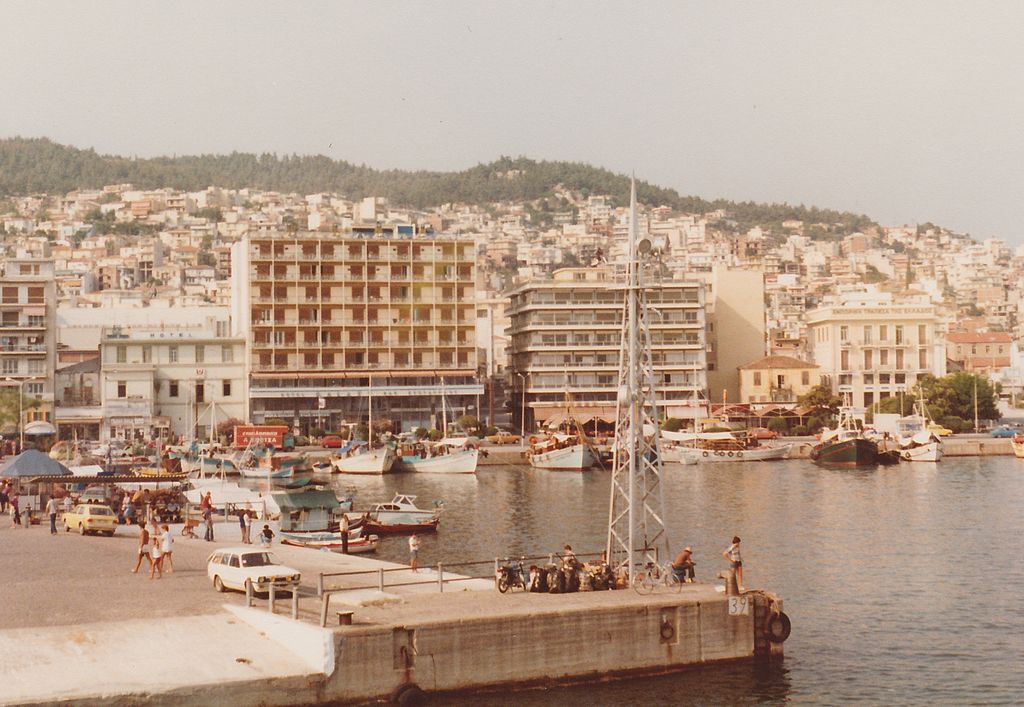The podcast is online!
This month I wrote about のです (no desu) through an examination of some of Kakuta Mitsuyo’s writing that nicely captures two ideas that I wrote about previously in the newsletter. Check it out here. I also gave a few early impressions of the new Jay Rubin translation of Hard-boiled Wonderland and the End of the World, which is appropriately re-titled End of the World and Hard-boiled Wonderland. And I also read a few passages from a great Japanese review of the Lawson drinkable mayonnaise:
We read some of Kakuta Mitsuyo for the USJETAA Japanese Reading Group in October this year. Curiously, she writes for a journal associated with Urban Renaissance, also known as UR賃貸 (UR chintai), which is a semi-governmental organization that provides housing in apartment blocks with fewer of the fees associated with renting in Japan.
It’s a bit like writing for an airline magazine…except they’re paying her to write what’s essentially narrative nonfiction. I’ll take it! (See her essay here.)
This reminds me that Derek Guy‘s thread on why Tokyo is so fashionable blew up this month. I’m not sure I’m 100% convinced by the argument. I do feel like the average Japanese (even the average Tokyoite) is about as fashionable as the average American (which is to say that we’re all schlubs, the most of us), but this is a very interesting statement:
A big reason why Tokyo is more fashionable has to do with the media environment. There are thousands of hobbyist magazines covering topics ranging from woodworking to whisky. In menswear, they can get very specific in terms of aesthetic: classic tailoring, workwear, streetwear, outdoorsy style, etc.
— derek guy (@dieworkwear.bsky.social) November 27, 2024 at 3:43 PM
There’s something about the state of Japanese publishing and the state of Japanese attention to niche interests that makes it more economically feasible to have newsstands and bookstores teeming with magazines, not just in Tokyo but everywhere.
Looking at Murakami’s bibliography shows that the industry supported writers like him as he developed into a superstar, enabling him to sustain himself (even exhaust himself!) on regular writing projects, so much so that he decided to close up shop in Japan in 1986, after having been a writer for a mere seven years, and move to Europe and live on the road for three years.
To get anything comparable in the U.S., I think we’d have to look back at writers like F. Scott Fitzgerald who could sell a couple short stories and fly off to Europe
Fitzgerald reportedly earned $4000 dollars a story by 1929. In 2024 dollars, that’s $73,839.53 worth of purchasing power, which is officially insane. Oh how the mighty (writers) have fallen.
Obviously Murakami wasn’t earning this much, but there were enough outlets to write for back in the 1980s, and he was writing for enough of them, that he could afford to close up his day job and write full time. He stretched his yen by taking them to Greece. Pretty interesting to think about, and it makes me wonder if times have changed for Japanese writers. I’d be very curious to know about the readership for current Japanese periodicals and how much writers are paid for their work.






